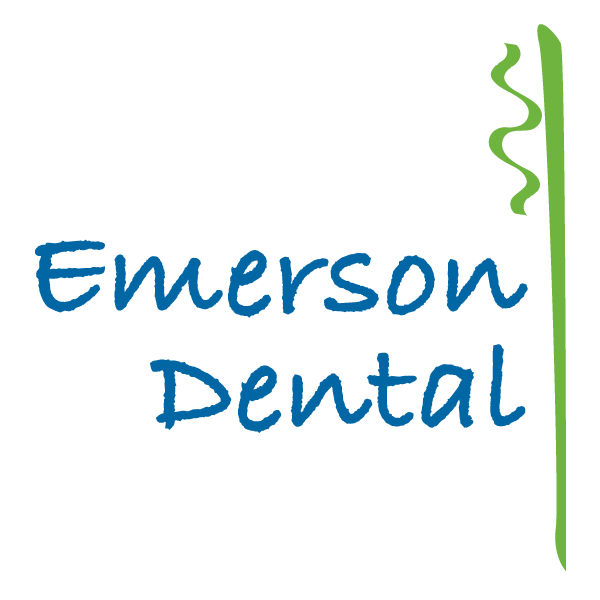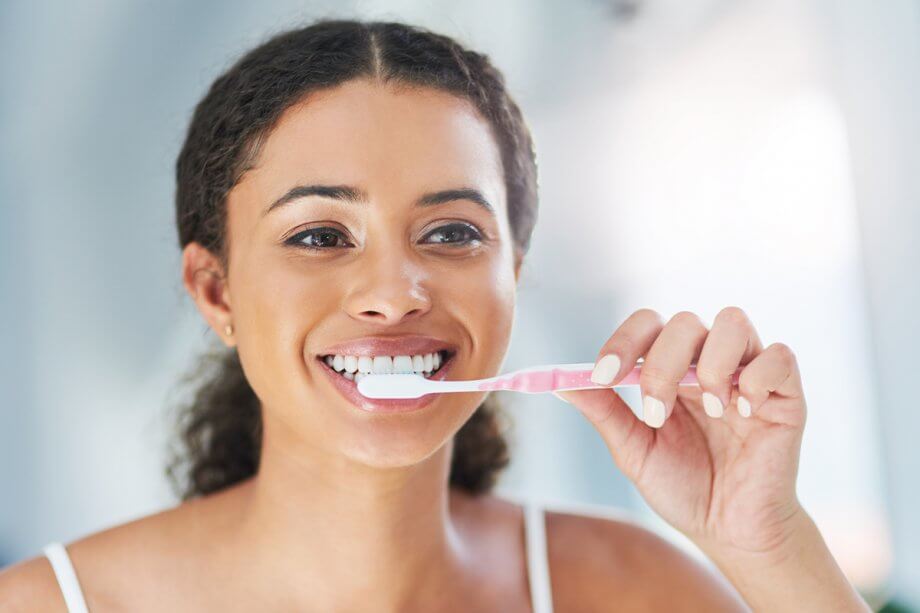When was the last time you replaced your toothbrush? If you're unsure of the answer, you're not alone. Even though toothbrushes should be replaced every three to four months, it's easy to lose track of how much time has passed or forget to put it on your shopping list. Your toothbrush may look like it’s in good shape, but if you don't replace it on a regular basis, it could be making you sick.
Your Toothbrush Can Reinfect You After an Illness
Although it's common to read that you should replace your toothbrush after a cold or flu because you can reinfect yourself, this isn't true. Both of these illnesses are caused by viruses, which means once you've had them, your immune system will have developed the necessary protection to prevent reinfection. The best reason to replace your toothbrush after a viral illness is because the infection can spread if your toothbrush comes into contact with another family member's brush.
It is possible to reinfect yourself with a bacterial illness. If, for example, you have strep and your toothbrush has been colonized by the strep bacteria, you can get strep again. Bacteria can also cause gum disease and other oral health conditions, which is why we always give you a new toothbrush every time you come in for a dental cleaning.
Your Bathroom Is Full of Bacteria and Viruses
A wet toothbrush is a breeding ground for bacteria, so you should leave your toothbrush uncovered and in an open location between brushing sessions to allow the bristles to dry out.
Unfortunately, this means most toothbrushes are stored in cups or toothbrush holders on sinks, many of which are located near toilets. When you flush, you should always close the toilet seat first, otherwise fecal coliforms will be sprayed into the air every time you use the toilet. Because noroviruses, which cause serious gastrointestinal disease, can be spread via toilet spray, it's best to keep your toothbrush as far away from the toilet as possible, if not in a different room entirely.
Your Toothbrush Is Almost Impossible to Keep Clean
While rinsing your toothbrush thoroughly after brushing your teeth is a must, it isn't enough to remove all of the bacteria from it. Are your bristles ragged and worn? Bacteria will be able to collect in them more easily. Is there any build-up on the brush's handle or where the bristles attach to the toothbrush head? This can also be a breeding ground for bacteria. The humidity in a bathroom doesn't help, either. The longer it takes for your toothbrush to dry after you've brushed, the more time bacteria has to multiply.
Best Practices for Toothbrush Care
The American Dental Association has some great tips for reducing the risk of getting sick from your toothbrush:
- Don’t ever share your toothbrush with someone else.
- Rinse your brush well after each use to remove all traces of toothpaste and food particles.
- Store toothbrushes upright and allow them to air dry between uses.
- Replace your toothbrush every three to four months, or whenever you notice the bristles are frayed or matted.
Schedule an Appointment
If you’re due for a dental cleaning or have other concerns about your oral health, contact us today to schedule an appointment at one of our two locations.

